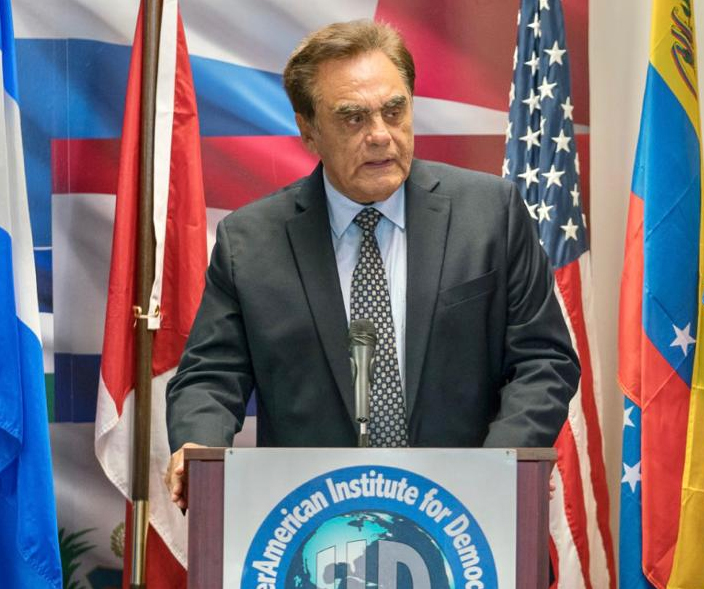Bolivia: The legacy of Evo Morales

By: Luis Gonzales Posada - 22/10/2025
Share:
What happens in Bolivia, a country with which we share a common border of 1,047 kilometers, is very important to Peru.
A complicated border, with limited security, where smuggled goods, stolen vehicles, drugs, fuel, and gold pass through.
A report from Latina TV, revealed that the town of Virupaya, located 215 kilometers from La Paz and near Lake Titicaca, is the axis or critical point of illegal trade, but there are also 23 other hidden crossings.
However, the biggest problem is bilateral relations, which have been severely affected by Evo Morales, a sinister figure who interferes in Peruvian affairs.
Her activism has been constant, especially during the chaotic administration of Pedro Castillo, when she went so far as to tour the south of the country demanding a Constituent Assembly, free cultivation of coca leaves, and the expulsion of the DEA, the U.S. anti-drug agency.
But he also promoted the creation of the "Aymara Nation" or "RunaSur," uniting the inhabitants of that Bolivian ethnic group with southern Peru, northwestern Argentina, and northern Chile, which together are home to 2 million Aymara people, out of a total population of 114 million; that is, barely 1.7% of the total.
Morales is also part of the so-called "21st-century socialism," a leftist bloc that includes the dictatorships of Venezuela, Nicaragua, and Cuba.
His party, the Movement Toward Socialism (MAS), has governed for 20 years, under the leadership of the coca grower leader and current President Luis Arce. In the last election, they obtained 3% of the vote, one representative out of 130, and no senators out of 36 representatives.
It was a true political catastrophe, a consequence of the economic disaster. The fiscal deficit, in fact, exceeds 10% of GDP; they are in recession, without gas or gasoline, and long lines of vehicles at the pumps have to wait up to five hours to fill up.
There is a shortage of dollars and, therefore, a shortage of medicines, food and raw materials for their industries. They also have the lowest GDP in the hemisphere, estimated at 45 billion dollars (in Peru it is 275 billion dollars).
That's the heavy legacy inherited by the president-elect, Christian Democrat Rodrigo Paz Pereira, son of former President Jaime Paz Zamora. For some, the change will only be superficial, because the narrative is similar, spurred on by Evo himself, who assumes the role of overseer of the new regime, threatening to sabotage it if he disagrees with his political position.
Paz, however, has made a difference with a clear and strong foreign policy message: he will not invite the dictatorial governments of Cuba, Venezuela, and Nicaragua to the inauguration ceremony, scheduled for November 8. He also maintained that he will maintain a first-class relationship with the United States, an announcement that must have infuriated the MAS.
In this context, Paz calls Evo a "traitor to the country," recalling that in 2008 his country exported $500 million to the US market from the city of El Alto and generated 40,000 jobs, but during the coca grower leader's term in office, those figures were reduced to $3 million and a thousand jobs. He also stated that another legacy of the MAS regime is capital flight, estimated at $60 billion and an additional $40 billion in domestic and foreign debt, given that international reserves have been reduced from $15 billion to a tenth of that.
Hidden in Chapare to evade a court order for his arrest for raping a minor,
Morales will always be a factor of anti-democratic destabilization, a threat to the regime, although the new head of state has said he will act firmly against any coups he perpetrates.
«The opinions published herein are the sole responsibility of its author».